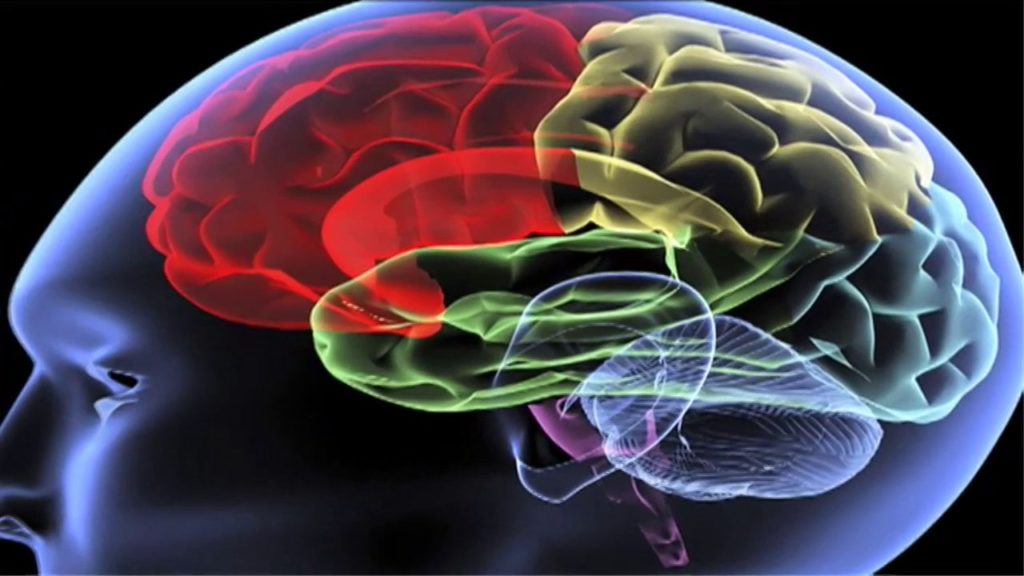Caregivers, seniors, and disabled adults are all particularly vulnerable to mental health issues, especially depression and anxiety. MentalHealth.Com has developed a Quality of Life Scale. This tool can be useful in helping caregivers and their care recipients seek appropriate help from medical and mental health specialists.
For Seniors
About 20% of adults aged 55 or older have experienced some type of mental health concern, but nearly one in three of those seniors do not receive treatment. (CDC; National Institute of Mental Health). The most common ailment among seniors is dementia, particularly Alzheimer’s disease, but depression, anxiety, and mood disorders are also wide-spread. Life changes such as physical disabilities, long-term illness, change of environment (e.g. moving into assisted living), illness or loss of loved one, or even medication interactions and malnutrition can contribute to a loved one’s mental illness.
For Caregivers
For caregivers, the role can have the same features as any chronic stress experience. “It creates physical and psychological strain over extended periods of time, is accompanied by high levels of unpredictability and uncontrollability, has the capacity to create secondary stress in multiple life domains such as work and family relationships, and frequently requires high levels of vigilance. Caregiving fits the formula for chronic stress so well that it is used as a model for studying the health effects of chronic stress.” (Richard Shulz and Paula Sherwood; US National Library of Medicine – NIH) Caregiving is often associated with increased incidents of distress and depression. The care recipient’s behavior, cognitive ability, function disability, age, sex and the length of time caregiving is provided are all factors in being able to predict physical and mental well-being in Caregivers.
If you are Hawaii resident, please consider attending a Caregiver Support Group.
Find out more about a specific mental illness:
- Anxiety Disorders
- Autism Spectrum Disorders
- Attention-Deficit/Hyperactivity Disorder (ADD/ADHD)
- Bipolar Disorder
- Borderline Personality Disorder
- Dementia
- Depression
- Dual Diagnosis: Substance Abuse and Mental Illness
- Eating Disorders
- Obsessive-Compulsive Disorder (OCD)
- Panic Disorder
- Posttraumatic Stress Disorder
- Schizoaffective Disorder
- Schizophrenia

Find out more about a specific mental illness:

